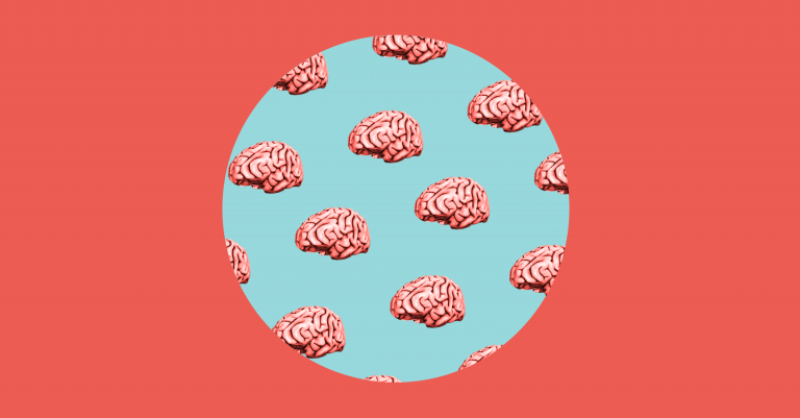Humans are more closely related to Neanderthals and Denisovans than to any living primate, and some 40% of the Neanderthal genome can still be found spread throughout living humans. But researchers have limited means to study these ancient species’ brains — soft tissue is not well preserved, and most studies rely on inspecting the size and shape of fossilized skulls. Knowing how the species’ genes differ from humans’ is important because it helps researchers to understand what makes humans unique — especially in our brains.
The researchers, led by Alysson Muotri, a neuroscientist at the University of California, San Diego, used the genome-editing technique CRISPR–Cas9 to introduce the Neanderthal and Denisovan form of a gene called NOVA1 into human pluripotent stem cells
…
It was immediately clear that the organoids expressing the archaic variant of NOVA1 were different. “As soon as we saw the shape of the organoids, we knew that we were on to something,” says Muotri. Human brain organoids are typically smooth and spherical, whereas the ancient-gene organoids had rough, complex surfaces and were smaller.
“The most significant finding is that that you revert [the gene] to an ancestral state, and you see an effect in the organoid,” says Wolfgang Enard, an evolutionary geneticist at Ludwig Maximilian University of Munich in Germany.































